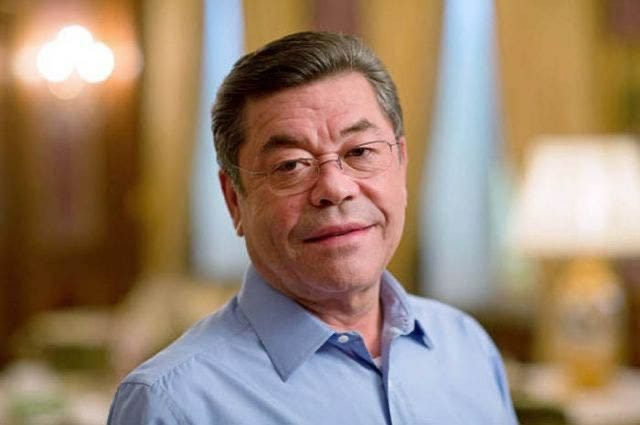
Patokh Chodiev, the billionaire businessman, has claimed vindication after the last remaining investigation into Belgium’s long-running Kazakhgate scandal was dropped due to lack of
evidence. The Belgian Court of Cessation formally dropped a bribery case against Jean-François Godbille, the former Brussels attorney general, and Princess Léa, a member of the Belgian royal family, last week. Godbille and Princess Léa received a charitable donation of €25,000 from Chodiev’s lawyer Catherine Degoul, prompting allegations that the payment had been an attempt to bribe the former Brussels prosecutor. Godbille, Princess Léa and Chodiev all denied the claims and no evidence could be found to support it.
The decision to drop the case brings to an end nearly a decade of investigations into the so-called “Kazakhgate” scandal. The various allegations raised have attracted enormous media attention in Belgium but Chodiev, who runs a mining company in Kazakhstan, has been cleared in every case.
Antonin Levy, a lawyer for Patokh Chodiev, said: “We are glad that the last Belgian case has finally ended due to lack of evidence. Mr Chodiev’s reputation has been damaged by repeated attacks that have been based on inaccurate or falsified information. Mr Chodiev has been vindicated every time these allegations have been investigated.”
The failure to find any serious wrongdoing despite multiple investigations and a Parliamentary Inquiry raises questions about the use of public funds to pursue the Kazakhgate allegations, some of which appear to be based on falsified documents.
The scandal has its roots in a decision by Belgian prosecutors to offer Chodiev and his business partners a plea bargain deal in 2011. Chodiev had been under investigation over the purchase of some properties in Belgium in the mid 1990s but prosecutors were struggling to make a case and they were running out of time.
The prosecutors took advantage of a new plea bargain law that had been recently introduced and Chodiev and his partners agreed to pay €21 million to settle the case without admission of guilt.
It was later claimed that the plea bargain law had been introduced for Chodiev’s benefit following lobbying by the French Government, which wanted to help the Kazakh businessman. This allegation of foreign interference in the law-making process resulted in the formation of a Parliamentary Inquiry, which examined the case for 15 months. Its exhaustive inquiry found that the plea bargain law had been under discussion for five years before it was introduced in 2011 and it was not enacted for the benefit of Chodiev. The inquiry also concluded that the law was not influenced by inappropriate lobbying and there had been no foreign interference. The inquiry also said that prosecutors had acted correctly in agreeing the settlement with Chodiev.
A separate case was then brought against Godbille and Princess Léa when it emerged that the former prosecutor’s scouting charity, Amitié et Fraternité Scoute (AFS), had received a €25,000 donation from Chodiev’s lawyer Catherine Degoul. The money was initially given to a charity run by Princess Léa and then forwarded to AFS.
Princess Léa said she thought the money had come from the Order of Malta and did not know it was actually from Degoul. The media claimed that the charitable payment may have been a bribe to thank Godbille for his help in securing Chodiev’s plea bargain but prosecutors were unable to find any evidence to support this claim.
The case collapsed when it was shown that Godbille had not been involved in the plea bargain discussions. In a statement released after the case was dropped, Godbille said that he would now concentrate on devoting his time to good causes.
The collapse of the case against Godbille and Princess Léa brings to an end the long-running Kazakhgate affair in Belgium. The various investigations have found no evidence of wrongdoing, but the widespread coverage of the allegations has unfairly tarnished the reputations of businessmen, royalty and prosecutors alike.



































